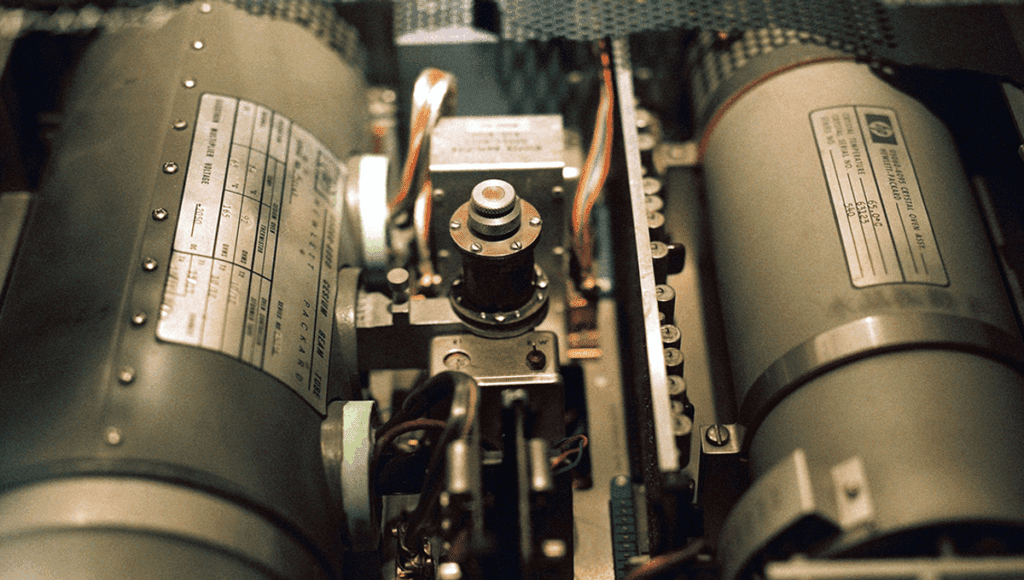New experiments with networks of intertwined atomic clocks aim to explore the relationship between quantum mechanics and general relativity, two fundamental theories of physics that currently do not integrate well. Quantum mechanics governs atomic and subatomic scales, while general relativity describes gravity as a curvature of space-time due to matter.
Researchers, including Igor Pikovsky and colleagues, propose using atomic clocks in superposition across different locations to investigate how space-time curvature affects quantum phenomena. This involves testing gravitational effects on these clocks, which operate under different time flows due to their positions in Earth’s gravitational field.
Despite the challenges of measuring weak gravitational effects, the team believes quantum networks can provide insights into this interplay by leveraging advancements in optical atomic clocks and quantum entanglement. Their approach could represent a significant step toward unifying these two theories. The details of their findings are outlined in a paper published in Prx Quantum. Experimenting with this concept could lead to a deeper understanding of how gravity influences quantum mechanics.


